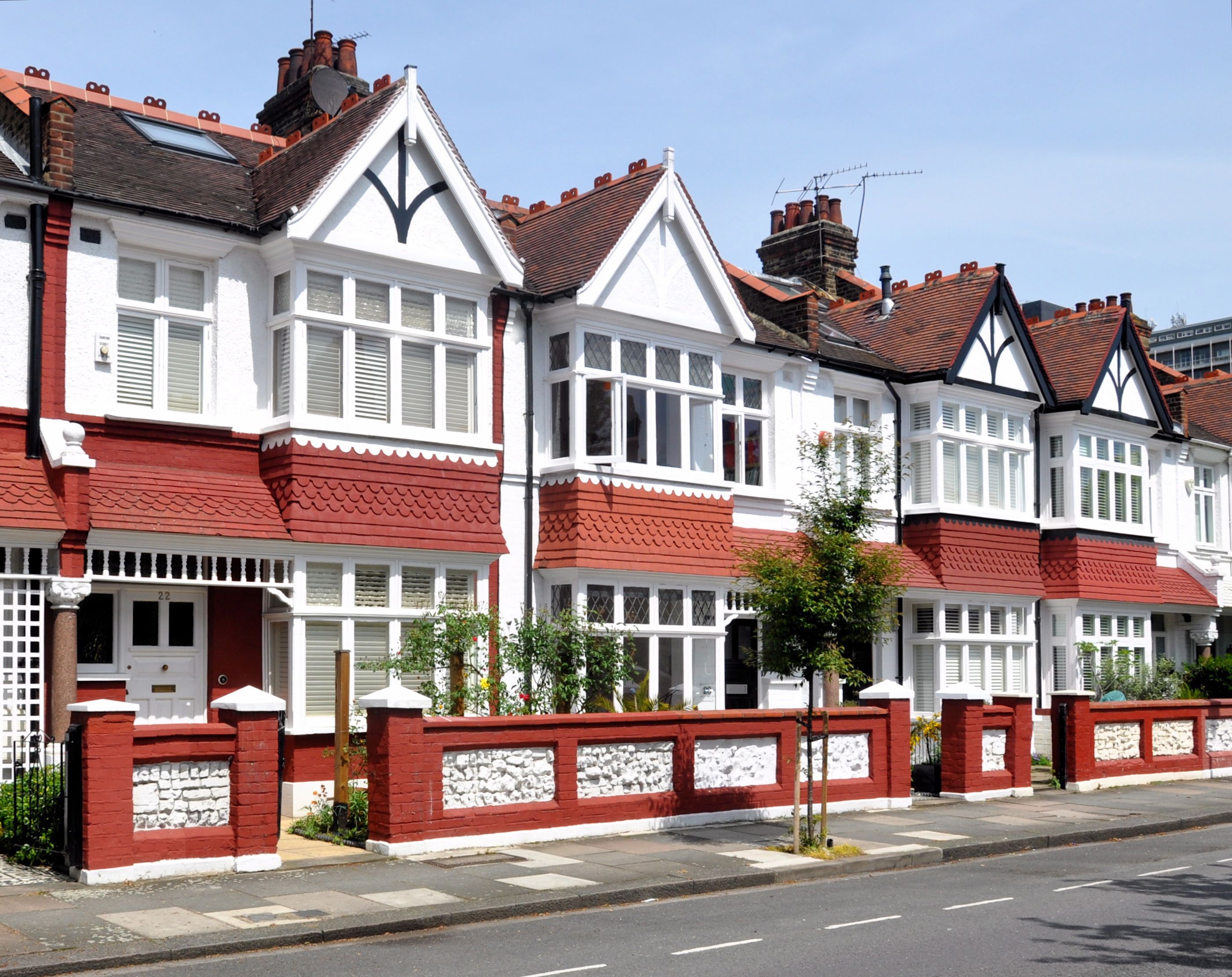Private/Life

Arthur and Diana are married and in their late 60s. Both are retired, Arthur having retired only very recently. They have two children together and five grandchildren.
Arthur and Diana own their home together free from mortgage, have pensions (although Arthur’s pension is significantly larger), a joint investment account and a small buy-to-let portfolio against which they have mortgages.
With both spending much more time together now, they have realised that they do not have much in common and wish to divorce amicably and then get their ‘ducks in a row’ generally with Wills and Powers of Attorney.
Unfortunately, it’s also clear that Diana is beginning to lose capacity around managing her finances although there has been no formal medical diagnosis yet.
Arthur and Diana wish to take advice on their options and, in particular, whether Diana’s capacity causes any issue in relation to the divorce, assets they have and their general affairs.
The test for mental capacity


Sara Ganesh, Solicitor, Private Client
Diana, and indeed Arthur, must have the requisite mental capacity to make their Wills and Lasting Powers of Attorney (LPAs) in order for them to properly execute these documents. The test for mental capacity is time and decision specific and differs between Wills and LPAs.
For a Will to be properly executed, at the time of signing Arthur and Diana must:
- Understand the nature of the act of making a Will and its effect
- Understand the extent of their estates
- Understand the possibility of any claims on their estate by others e.g. dependents
- Not be suffering from any disorders of the mind or insane delusions which alter their decisions about their Wills.
For Arthur and Diana to make properly executed LPAs, they must be able to:
- Understand the relevant information needed to make the decision to make their LPAs
- Retain the information
- Weigh up the information to reach that decision
- Communicate that decision to others (whether verbally or non-verbally).
Mental capacity tests are undertaken by specialists (generally not lawyers) and where there is any doubt around capacity, prudent legal advisers will ensure that they are satisfied their clients have the requisite mental capacity to make Wills and LPAs before proceeding. Usually this will involve requesting that a relevant mental capacity assessment is undertaken before accepting instructions.
Timing is key
It would be prudent for Arthur and Diana to put Wills and LPAs in place as soon as they are able to do so, and subject to any mental capacity assessments for Diana. This is particularly important for Diana if there are concerns about her mental capacity.
If Diana does not have a Will in place and lacked the mental capacity to validly execute a new Will, the ‘rules of intestacy’ would determine who inherits her estate on death. These rules may not represent Diana’s wishes for the distribution of her estate.
Whilst Diana is alive, an application could be made to the Court of Protection for a Statutory Will to be put in place on her behalf if she lacked mental capacity to make a Will herself. However, this is a fairly complicated, lengthy and expensive option. Similarly, if Diana was unable to validly execute an LPA due to a lack of mental capacity, an application could be made to the Court of Protection for a Deputy (whose role is broadly similar to an attorney) to be appointed to deal with her affairs (it is possible to have Deputies for property and finance as well as welfare). A Deputy application to the Court is also time consuming and costly and therefore, where possible, best to be avoided.
If Arthur and Diana execute Wills before any divorce, any subsequent divorce will not revoke Arthur and Diana’s Wills, however their ex-partner will be treated for the purposes of their Will as though they had died before them. For example, if Arthur had made a gift in his Will to Diana or appointed her as an executor, this gift or appointment would fail. As for LPAs, if they appointed each other as their chosen attorneys, that appointment would be revoked on their divorce (although the LPA may remain valid depending on various factors e.g. whether substitute appointments were made).
If Arthur and Diana remained on good terms and decided they still wished to appoint each other as their attorney, or indeed name the other in their Will, it is still entirely possible to ensure that the Wills and LPAs are unimpacted by their divorce, with the addition of a carefully drafted clause in the documents confirming this. In a circumstance like this, Arthur and Diana should seek legal advice so they can feel comfortable and secure that their wishes can be followed.


What are Lasting Powers of Attorney (LPAs)?
LPAs are documents that would enable Diana and Arthur to appoint person(s) of their choice (attorneys) to make decisions about particular matters if they lose the mental capacity to do so themselves. There are two types of LPAs: one dealing with property and financial affairs and another dealing with health and welfare. For both types of LPAs, Diana and Arthur can add their own preferences, restrictions and instructions which indicate how their chosen attorneys should make decisions.
No fault divorce


Clizia Motterle, Senior Associate, Family law
Arthur and Diana will be able to rely on the new ‘no fault divorce’ legislation when applying for their divorce. They will be able to apply jointly, relying on the fact that their marriage has broken down irretrievably. They will not need to provide any details about the reasons behind their decision to separate and divorce or each other’s behaviour, which will help keep unnecessary conflict at bay. Though Diana has unfortunately started to lose capacity, as long as she understood what getting divorced entails, she would be able to apply for it. It may be wise for Arthur to make the application, with Diana being the Respondent, so that Arthur can be responsible primarily for the next steps which will progress and finalise the divorce, whether or not Diana’s capacity remains stable or deteriorates.
In a long marriage such as Arthur and Diana’s, equality will be the starting point. This would be the case whether they had both contributed in equal measure to the family finances and to the children’s upbringing, or whether one had been primarily the homemaker and the other the main breadwinner. Financial contributions do not have higher value than non-financial ones.
We would expect to see an equal division of capital and pension assets, especially as selling a family home owned outright should release sufficient equity to enable them both to downsize into smaller properties mortgage free. At their age, pension division should aim to achieve equality of income on retirement; an actuarial report is likely to be required to advise as to the appropriate percentage share so that Diana can benefit from the overall pension provisions as much as Arthur. A division of the buy-to-let portfolio between them, again with equality being the aim, would assist in providing Arthur and Diana with an additional income stream, provided the necessary consent could be obtained from the lenders. Failing that there may need to be a consolidation of the portfolio, with properties being sold to repay the mortgages. Capital Gains Tax (CGT) implications would need to be considered. Spousal maintenance would hopefully not be required, thus enabling an immediate clean break to be achieved and all financial links between them severed.
Diana’s waning capacity would be a relevant factor, though she would not be prevented from making decisions concerning her divorce if she had sufficient understanding of the nature and implications of such decision. Her appointed attorney under the Lasting Power of Attorney she will be making, or her Deputy for Property and Financial Affairs, would be able to assist her in the negotiation process and, when needed, make decisions on her behalf. If Court proceedings had to be issued, the attorney could assist in the litigation or, if needed, conduct it on her behalf, as litigation friend.


The property assets


Kate Jackson, Senior Associate, Residential Property
The matrimonial proceedings will set out the framework for the transfer and future ownership of the jointly owned properties. If Diana is losing capacity, then it will be imperative that she executes a Lasting Power of Attorney whilst she still has capacity to enable her attorney to sign any transfers on her behalf. Diana should think carefully as to who she appoints as her attorney. She may not consider Arthur as being an appropriate choice in view of their impending divorce.
If the property portfolio is reduced so that the remaining properties are mortgage free, this will mean that consent will not be required from a lender to transfer property between the parties. This will make transfers between the parties more straightforward to complete and register at the Land Registry. Alternatively, if the property portfolio is not reduced, consent will be required from the lender(s) prior to any transfer.
If Diana retains any buy-to-let properties, then her attorney will need to liaise with the lettings agents and deal with the practicalities for her.
